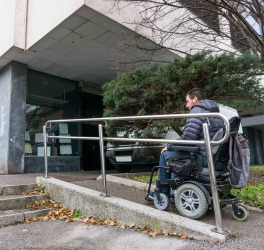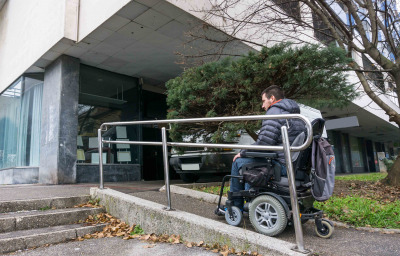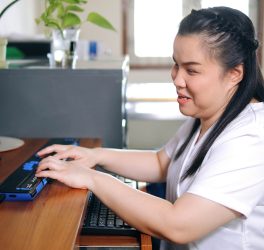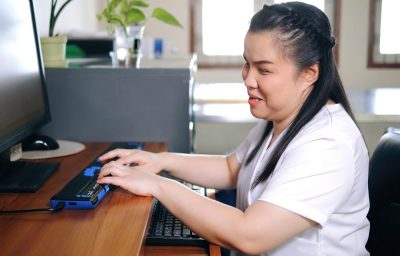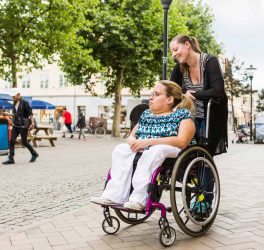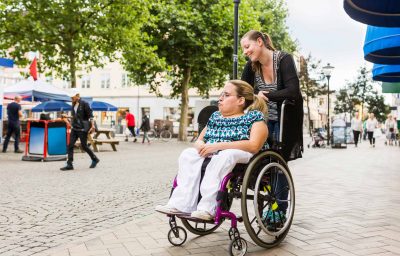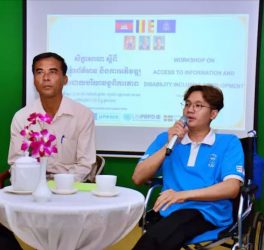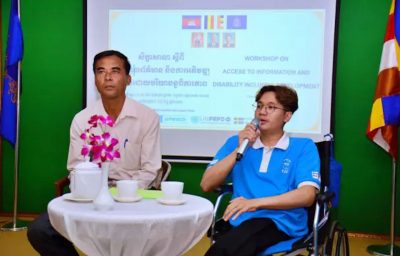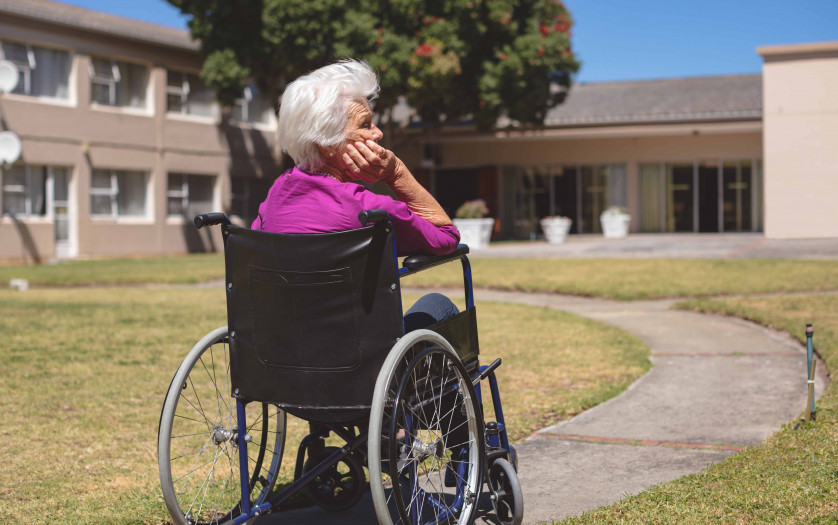
Russian attacks on American democracy in 2016, carried out over the internet, have triggered a national debate over the use of technology in the United States’ upcoming 2020 elections.
But some of the best ways to beef up the security of the voting processand fight off future cyber-attacks could have an unintended consequence: limiting access to the vote for people with disabilities.
Voting on hand-marked paper ballots – which by definition can’t be hacked – combined with robust audits of how the elections were carried out and how the votes were counted is widely seen as the most secure way to run an election.
Cybersecurity experts want hand-marked paper ballot systems, but disability rights advocates want voting machines to be used for all voters, as they are best for disabled access.
The two groups have been butting heads over this since the Help America Vote Act (Hava) of 2002, which gave states $3.9bn to buy new voting technology and required every polling place have at least one accessible voting machine. Rather than operate parallel systems – and since it was on the federal dime – many county and state governments decided to purchase voting machines to be used by all voters – something now seen as a security weakness.

